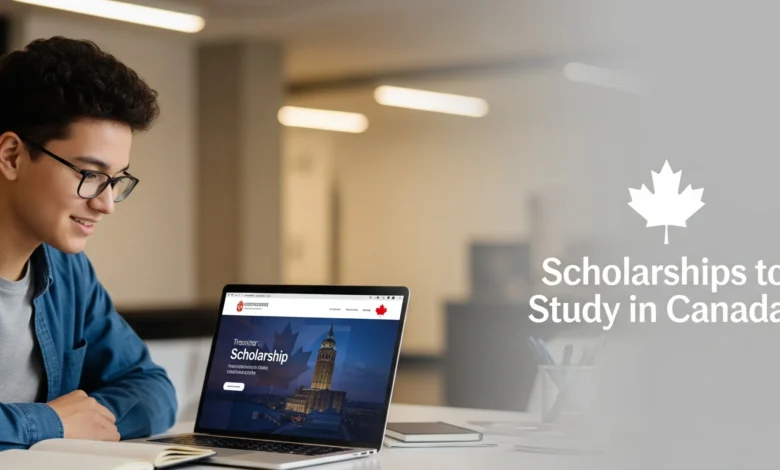Fully Funded Scholarships in Canada: The Ultimate Guide for International Students

The dream is powerful: pursuing a world-class education in Canada without the overwhelming burden of tuition and living costs. Naturally, this leads to one of the most common questions: “Is it possible to study in Canada on a fully funded scholarship?”
The short answer: yes, it’s possible. But the more accurate truth is that these opportunities are rare and highly competitive. Winning such support requires much more than strong grades—it takes exceptional preparation, achievements, and a strategic approach.
This guide will give you a clear roadmap: what a fully funded scholarship really means, where to find such opportunities, and how to build a strong profile that makes you stand out.
What Does a “Fully Funded Scholarship” in Canada Mean?
When people say “full scholarship,” they usually mean fully funded study, where a financial package covers most or all costs. Instead of one single grant, this package often includes a mix of:
- Tuition Waiver – Universities cover tuition and mandatory fees.
- Living Stipend – Regular payments to help with housing, food, and expenses.
- Research Assistantships (RA) – Funding from professors’ research projects.
- Teaching Assistantships (TA) – Payment for helping with courses, grading, or tutorials.
- Entrance Awards & Fellowships – Merit-based funding for top candidates.
- Additional Allowances – Extra funds for books, travel, or relocation.
This model is most common at the graduate (Master’s & PhD) level, especially in research-based programs.
Where to Find Fully Funded Scholarships in Canada
Government of Canada Programs
Some of the most generous and prestigious awards include:
- Vanier Canada Graduate Scholarships (Vanier CGS): $50,000 per year for three years for doctoral students.
- Banting Postdoctoral Fellowships: $70,000 per year for two years (for postdocs).
University-Based Scholarships
- University of Toronto – Lester B. Pearson International Scholarship: Covers tuition, residence, books, and fees for four years (for undergraduates).
- University of British Columbia (UBC) International Scholars Program: Offers awards based on need and merit, often covering nearly all expenses.
- Graduate Programs: At schools like McGill, UofT, UBC, McMaster, and Alberta, most research-based graduate students are automatically considered for funding through RA, TA, and fellowships.
How to Build a Winning Profile
- Strong Academics – A high GPA and rigorous coursework are essential.
- Research Potential (for graduate studies) – Publications, projects, or a clear research proposal.
- Leadership & Extracurricular Impact – Proven commitment and impact beyond academics.
- Strong Recommendations – Personalized letters from professors or mentors.
- Compelling Statement of Purpose (SOP) – Clearly explain why you’re applying, your goals, and why you’re a strong fit.
Steps to Apply Successfully
- Start Early (12–18 months ahead). Research universities, scholarships, and supervisors.
- Align Research Interests. For graduate studies, match your goals with professors’ projects.
- Contact Supervisors. A professor’s support often increases your chances of funding.
- Prepare Documents Perfectly. Tailor your SOP, CV, and transcripts to each application.
- Know Deadlines. Some awards require a separate application, others are automatic.
- Stack Funding. Apply for external scholarships to supplement your package.
What If You Don’t Get Fully Funded?
Not receiving full funding doesn’t mean failure. Partial scholarships of $10,000–$20,000 plus RA/TA opportunities and part-time work rights can make studying in Canada affordable for many students.
Final Word
Securing a fully funded scholarship in Canada is challenging, but achievable for exceptional candidates who prepare strategically. By focusing on academic excellence, research potential, and leadership, you can present yourself as a strong candidate for these life-changing opportunities.
Disclaimer
This guide is for educational purposes only. Scholarship criteria and deadlines may change—always confirm details on official university and government websites. Success depends on your individual profile and the competitive selection process.




